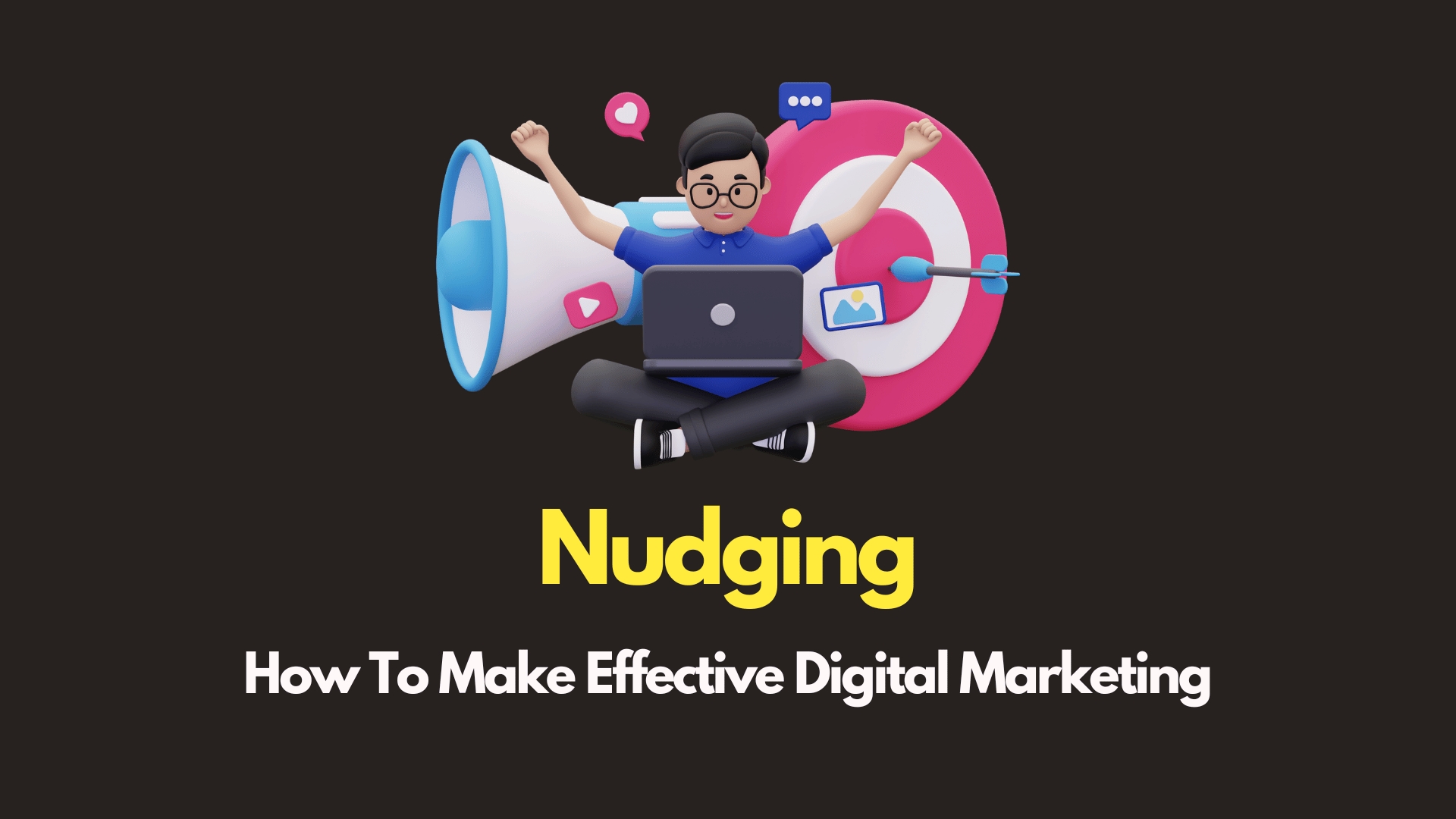Published
- 3 min read
Nudging in Digital Marketing: Subtle Influence Strategies

Key Takeaways:
- Understanding Nudges: Nudges are subtle cues that influence consumer behavior without restricting choice.
- Nudging Online: Digital platforms use nudges to guide consumer decisions and actions.
- Ethical Considerations: The ethical implications of nudging on autonomy and freedom of choice are critical.
- Effective Strategies: Nudges must be well-calibrated to result in positive outcomes and respect consumer autonomy.
- Future of Nudging: The evolution of nudging in the digital space is ongoing, with big data playing a significant role.
Introduction to Nudges and Online Consumer Behavior
Nudges have become an integral part of the online consumer experience. They are subtle design elements that influence users’ choices without removing their freedom to choose. As the digital marketplace grows, understanding the role of nudges in shaping consumer behavior is crucial for businesses looking to enhance their online presence and customer engagement.
The Nature of Digital Nudges
Digital nudges are implemented through various means such as interface design, personalized recommendations, and social proof. These nudges leverage psychological triggers to steer consumers toward certain behaviors, often without their explicit awareness. They can range from the placement of a ‘bestseller’ tag on products to more complex algorithms suggesting items based on browsing history.
Ethical Boundaries of Nudging
While nudges can lead to healthier choices and positive behaviors, they raise ethical concerns regarding personal autonomy and freedom of choice. It is essential for digital marketers to balance the effectiveness of nudges with respect for the consumer’s cognitive liberty. Ethical nudging should aim to benefit the consumer and the society at large without manipulating or coercing decision-making.
Nudging and Big Data
The intersection of nudging with big data analytics has opened up new avenues for personalized marketing strategies. By understanding consumer preferences and behaviors, businesses can tailor their nudges to be more effective and relevant. However, this also means that companies must be transparent about their use of data and ensure consumer privacy is protected.
Implementing Effective Nudge Strategies
For nudges to be effective and responsible, they must align with the consumer’s cognitive and motivational structures. This alignment ensures that nudges support consumers in making decisions that are in their best interest. Additionally, a unified terminology and clear descriptions of digital nudging strategies can aid in their proper implementation and evaluation.
The Future of Digital Nudging
As digital nudging continues to evolve, future research will likely focus on identifying the most effective forms and contexts for nudging, as well as exploring its long-term impacts on consumer behavior. The ultimate goal is to create digital environments that empower consumers to make informed and beneficial choices.
Conclusion
Nudges are a powerful tool in the digital marketer’s toolkit, capable of significantly influencing online consumer behavior. However, with great power comes great responsibility. It is crucial for businesses to employ nudges ethically, respecting consumer autonomy and contributing positively to their decision-making process.
Explore the world of digital nudging and its impact on consumer behavior in our comprehensive articles on behavioral economics in consumer behavior, the psychology of consumer decisions, and understanding consumer behavior in the digital age.